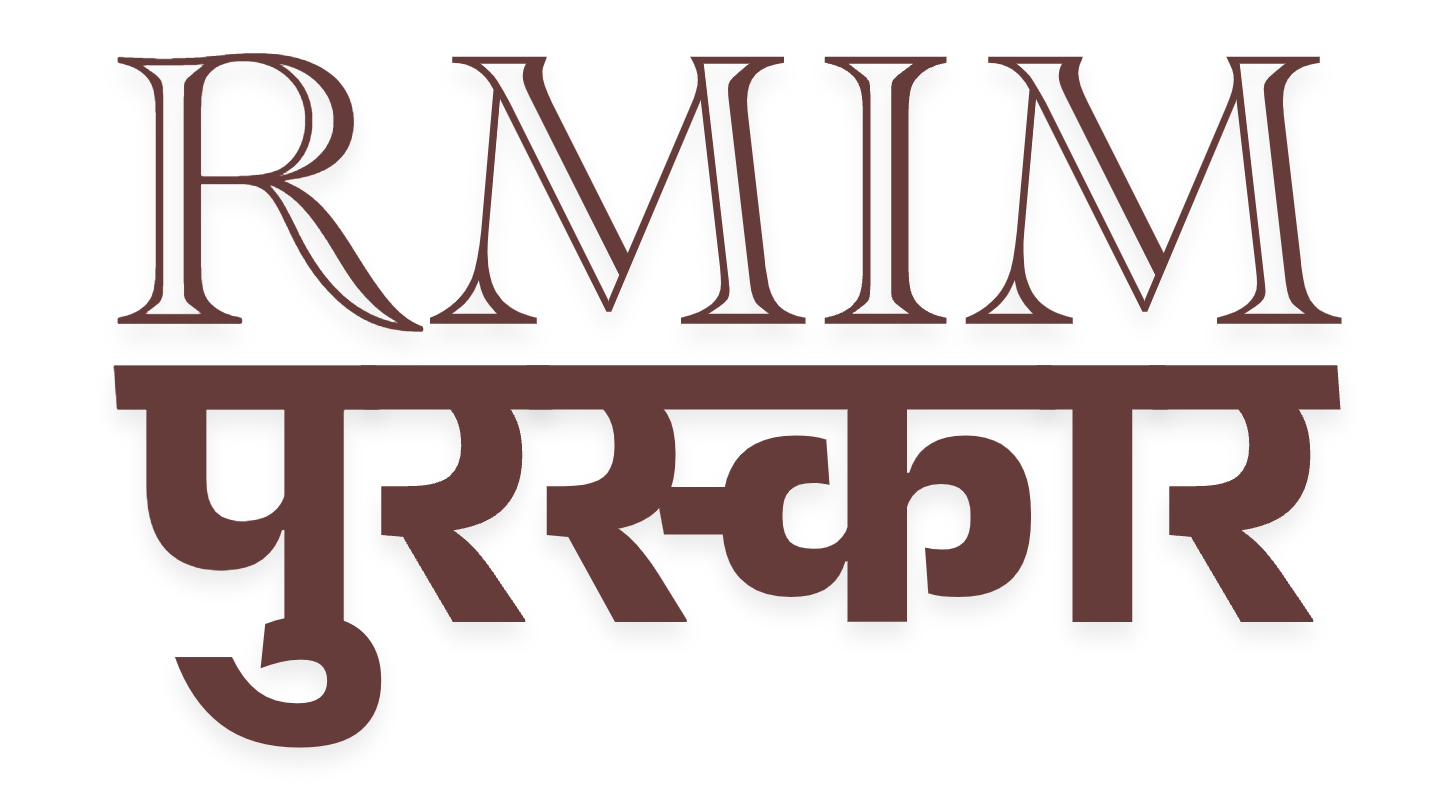17th RMIM Puraskaar
The Indian entertainment industry jumped back to normalcy rather quickly after two years of uncertainty. A few trends continued to strengthen. For one, lip-syncing of songs on screen is quickly becoming a thing of the past. Many songs appear to be envisioned and designed as background songs. Also, increasingly only parts of the songs are included in the film; sometimes they are completely dropped. On the music distribution front, audio releases mostly happen one song at a time, establishing the song as an independent unit rather than part of an album.
On the other hand, the practice of multi-composer albums doesn't appear to be gaining any stronger foothold, probably due to resistance from some popular composers. All of our top albums this year are single-composer ones.
Anyway, let's look at this year's results.
Film Music
Pritam and Amit Trivedi stood out among about 20-odd music director teams we had on our final list. Both had several songs in the list, including one each of the year's two best-scoring albums. Rahman, our last year's "MD of the Year" was not entirely absent but didn't make much of a mark, at least in Hindi cinema. A new pair OAFF (Kabeer Kathpalia) and Savera Mehta impressed some jury members with their Puraskaar debut in the film Gehraiyaan. The album was noted for its unusual sound. They also get our "New Artist of the Year" award.
There were a few rather successful attempts at recreating the retro sounds. In addition to Amit Trivedi's Qala, which went back for the 50s feel, new composer Achint tried to recreate the sound of the 80s in Monica, O My Darling. Both efforts largely avoided caricature or spoofing, which is often the case in such scenarios.
Lyrically, it was an interesting year. It turned out that almost all major lyric writers from at least the last ten years or so registered their names into our final list. From veterans Gulzar and Javed Akhtar to relative newcomers, and everyone in between. Even Sameer showed up (via a reboot).
The lyricist who markedly dominated the year, though, was Amitabh Bhattacharya. He didn't just produce several of the hits of the year but also the controversies (what was that about anyway - 'love-sToriyaa.N' is a linguistically fine and legitimate phrasing. Moreover, it's deployed deliciously.). He also continued to delight us with lines like 'bhavo.n ko aise taane', which is so charmingly period-precise.
The most widely appreciated song for its writing was Varun Grover's 'shauq'. The song appeared to soothe the post-pandemic feelings of loss and disorientation with its comforting, old-world roomaaniyat. A 'sau feesadii' winner. Qala, one of this year's most appreciated albums, was a nod to lyricists in more than one way.
On the singing scene, the Arijit-Shreya era continued unabated. Arijit especially was everywhere. Despite that, and amidst some criticism for sounding monotonous and "lazy", he was impressive in a few songs, garnering praise from even generally critical jury members.
The year's best-sung songs were rendered by Shahid Mallya, in Qala. Qala also introduced Sireesha Bhagavatula as the lead singer and she was judged decently. Sonu Nigam was back with a respectable and appreciated turn in Laal Singh Chaddha. Another singer that impressed everyone was Shilpa Rao with her low-register performance in 'tere hawaale'. A newer voice Lothika Jha also got some attention from our jury.
Laal Singh Chaddha and Qala had several appreciated songs but both fell a little short of our benchmark honor "RMIM Sammaan" and we have that space blank this year.
Non-Film Music
The year started with an almost hypnotizing 'tuu jhoom' from Coke Studio (Pakistan) Season 14. It was widely appreciated by our jury and is our "Non-Film Song of the Year". This season of Coke Studio as a whole was received exceptionally well, largely thanks to its music producer Zulfiqar Jabbar Khan, who goes by the name 'Xulfi'.
Among other works that our jury liked included the experimental fusion in 'o re jiyaa' by Nirali and Kartik Shah's group Maati Baani, the song 'Homecoming' by the group The Anirudh Varma Collective, and Srushti Tawade's 'ek thaa kauwaa' coming out of the hip-hop talent show Hustle 2.0.
Bombay Jayashree's reappearance on the scene was a pleasant surprise, and almost everyone enjoyed her singing in B Prasanna's 'gagan dhuaa.N dhuaa.N'. Sanjay Leela Bhansali tried his hand at Ghazals and more or less managed to not offend too many Ghazal lovers. He is no Muzaffar Ali though. Sonu Nigam came up with a couple of enjoyable tracks, including Meghdeep Bose's retro-sounding 'ra.ngarezawaa'. And of course, Arijit Singh made his presence felt in the NFM space as well. He had three songs, including one which he wrote and composed too. The other two were received better.
shukriyaa!
Before I end, a huge shout-out to the jury! You guys are the unsung heroes of the exercise. Sure, your discernment and thoughtfulness, which make the Puraskaars something to look forward to, are commendable, but it's your willingness to bear with me and my persistent nagging is what I'm grateful for. Thanks so much!
And last but definitely not least, I want to thank every single one of you who participated in any way, especially those who filled out the nominations, but also others who shared the word and waited for the results patiently.
Check out the awards. Talk about them wherever you talk these days. Let the jury members know where they were wrong.
Till next time, keep listening...
Vinay
